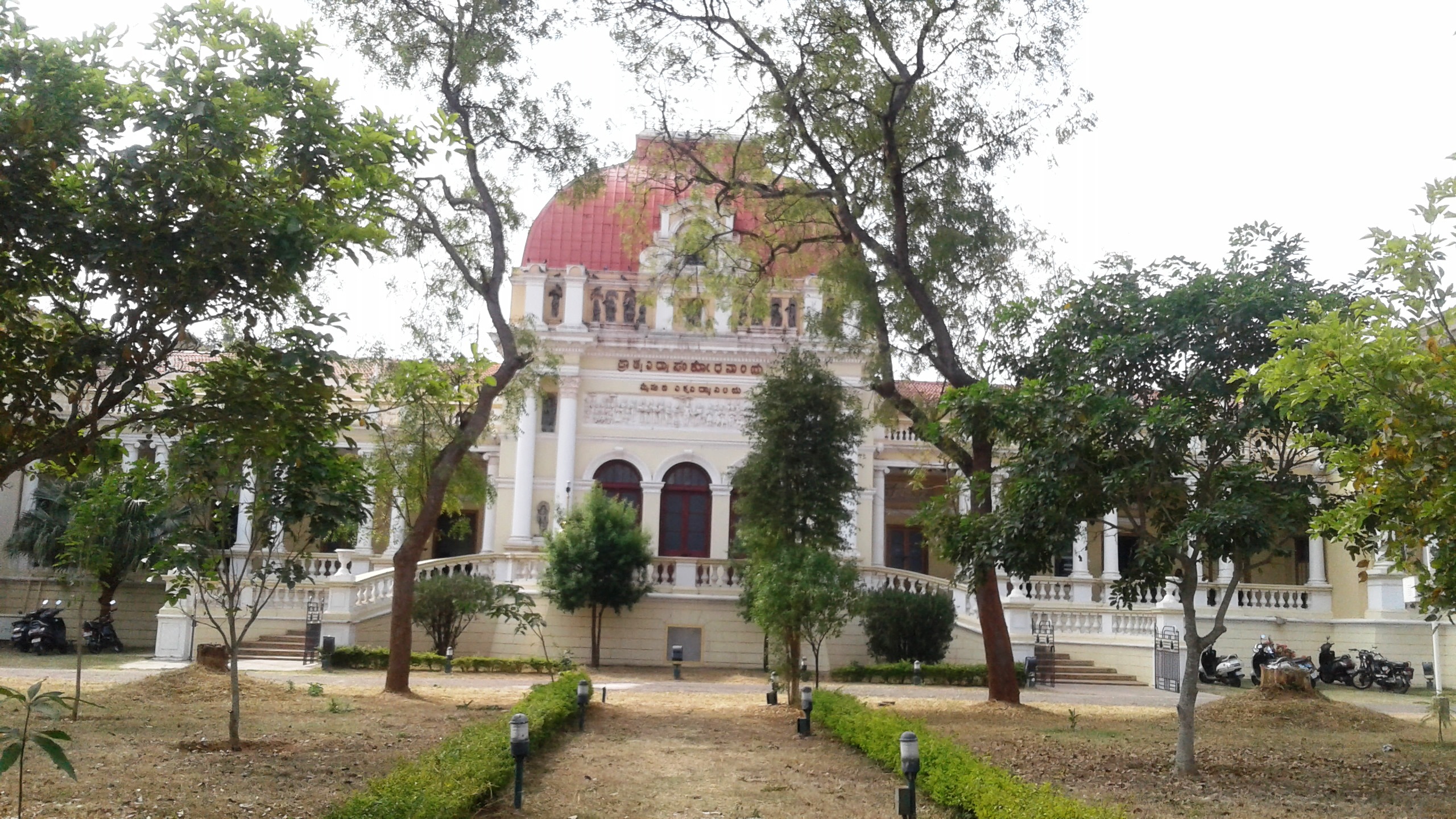|
Oriental Research Institute (other) , India
{{disambig ...
Oriental Research Institute may refer to: * Oriental Research Institute Mysore, India * Bhandarkar Oriental Research Institute, Pune, India *Oriental Research Institute & Manuscripts Library, Kerala, India *Rajasthan Oriental Research Institute Rajasthan Oriental Research Institute is an organisation established by Government of Rajasthan to promote Rajasthani culture and heritage and to accumulate and maintain the old Rajansthani folk art work and folk literature. It was established in ... [...More Info...] [...Related Items...] OR: [Wikipedia] [Google] [Baidu] |
Oriental Research Institute Mysore
Formerly known as the Oriental Library, the Oriental Research Institute (ORI) at Mysore, India, is a research institute which collects, exhibits, edits, and publishes rare manuscripts written in various scripts like Devanagari (Sanskrit), Brahmic (Kannada), Nandinagari (Sanskrit), Grantha, Malayalam, Tigalari, etc. The Oriental Library was started in 1891 under the patronage of Maharaja Chamarajendra Wadiyar X. It is located at the northern end of Krishnaraja Boulevard (adjacently opposite to Mysore University's Crawford Hall), in the architecturally attractive Jubilee Hall built in 1887 to commemorate the golden jubilee of Queen Victoria's accession to the British throne. It was a part of the Department of Education until 1916, in which year it became part of the newly established University of Mysore. The Oriental Library was renamed as the Oriental Research Institute in 1943. Work From the year 1893 to date the ORI has published nearly two hundred titles. The library featur ... [...More Info...] [...Related Items...] OR: [Wikipedia] [Google] [Baidu] |
Bhandarkar Oriental Research Institute
The Bhandarkar Oriental Research Institute (BORI) is located in Pune, Maharashtra, India. It was founded on 6 July 1917 and named after Ramakrishna Gopal Bhandarkar (1837–1925), long regarded as the founder of Indology (Orientalism) in India. The institute is well known for its collection of old Sanskrit and Prakrit manuscripts. The institute This institute is of a public trust registered under Act XXI of 1860. Initially, the institute received an annual grant of 3,000 rupees from the government of Bombay. Presently, it is partially supported by annual grants from the government of Maharashtra. The institute also receives grants from the government of India and the University Grants Commission for specific research projects. The institute has one of the largest collections of rare books and manuscripts in South Asia, consisting of over 125,000 books and 29,510 manuscripts. The institute publishes a journal, ''Annals of the Bhandarkar Oriental Research Institute'', four time ... [...More Info...] [...Related Items...] OR: [Wikipedia] [Google] [Baidu] |
Oriental Research Institute & Manuscripts Library
The Oriental Research Institute & Manuscripts Library, University of Kerala, is one of the leading centres of Indology in India. It is located at Kariavattom, Thiruvananthapuram, Kerala. The institute carry out researches on Indian language manuscripts, about 80% of which are in Sanskrit. The department is microfilming the manuscripts of certain technical subjects. History The genesis of this library is to be traced to the orders of Ayilyam Thirunal, Maharaja of Travancore to collect all manuscripts in the state so as to be kept in the safe custody of the Palace Library. Considering the overwhelming enthusiasm from the Orientalists all over the world, during early nineteen hundred Swathi Thirunal Maharaja (the then King of Travancore) published many of the manuscripts in the Palace Library and the manuscripts collection of ancient families. The Oriental Research Institute & Manuscripts Library has over 70,000 works in 30,000 copies mainly of palm leaf manuscripts. In addition ... [...More Info...] [...Related Items...] OR: [Wikipedia] [Google] [Baidu] |


